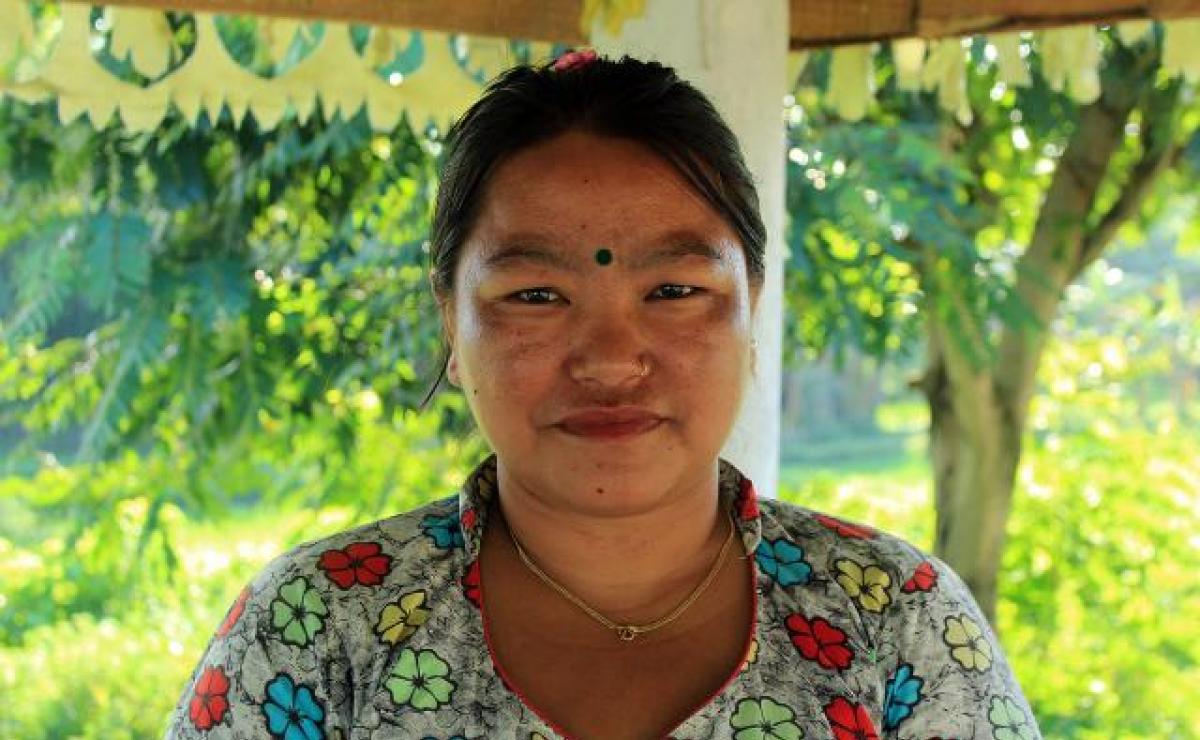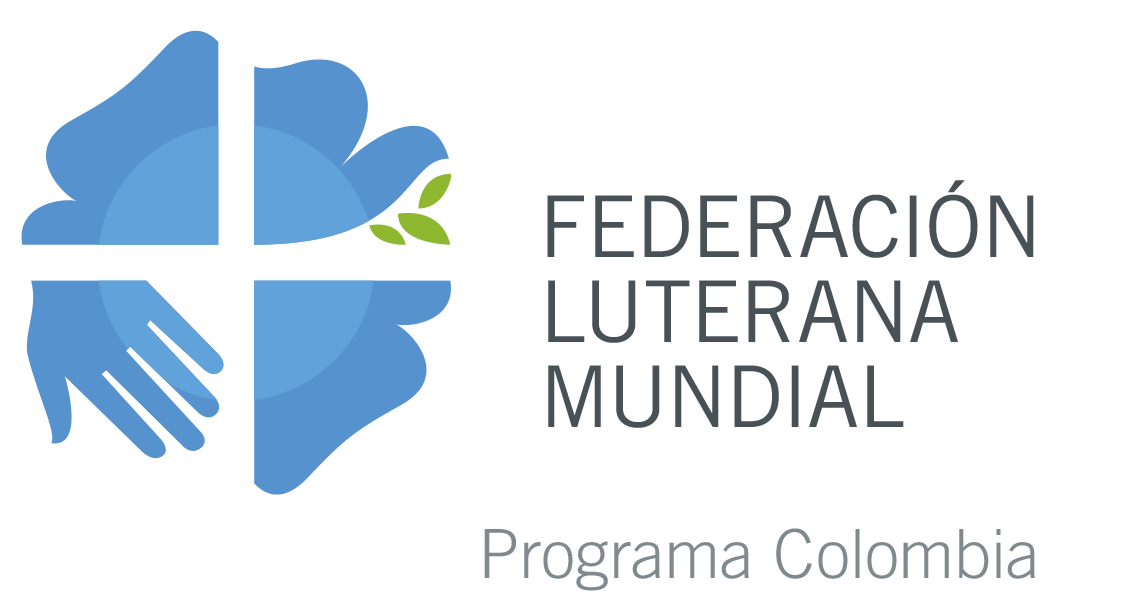Fighting against injustice and inequality

A volunteer from Nepal shares her story on World Humanitarian Day
#WomenHumanitarians
(LWI) - When Amrita Rai was just nine years old, she was forced to flee her home in Bhutan and travel to Nepal, where she grew up surrounded by people struggling to find shelter, food and clean water.
At that tender age, she made up her mind that when she was able, she would dedicate her life to serving vulnerable people, those in need of security and protection.
Now 36, Rai volunteers tirelessly in Nepal’s Sanischare Refugee Camp and the wider host community, working with women, children and the elderly to help them gain a better life for themselves.
As The Lutheran World Federation’s (LWF) Nepal Country Director Dr Prabin Manandhar puts it, “Amrita Rai is a role model. We need many Amritas in our society to fight against inequality and injustice.”
LWF Nepal, with support from the UNHCR has provided asylum to Bhutanese refugees since 1991, finding long-term solutions to increase self-reliance through livelihood opportunities while maintaining their protection.
Make a difference in people’s lives
Approximately 6,500 Bhutanese refugees have lived in Sanischare and Beldangi refugee camps since the end of a re-settlement program in December 2018, with women accounting for approximately 35 percent of the population. Many of them face double discrimination, for being a woman, and for being a refugee.
At the age of 23, Rai joined the Federation of Women Entrepreneurs Association of Nepal (FWEN), raising awareness about child malnutrition, promoting women’s empowerment and self-sustainability and training them in bamboo handicrafts, mushroom farming and jute production.
For nine years, Rai worked for the Reclamation Gardening Program, encouraging organic production of vegetables, organizing community groups and training them about the dangers of using too many pesticides.
While distributing saplings and ensuring proper vegetation, the community activist also wanted to share their grief, make a difference in the lives of these women. In 2017, she left her paying job and joined the Bhutanese Refugee Women’s Forum (BRWF) to work as a volunteer.
Advocacy for refugees
She soon became secretary of the BRWF, counseling women and encouraging them to become financially independent and providing aid when needed. In 2018, Rai was appointed the Sexual and Gender Based Violence (SGBV) focal person, taking responsibility for monitoring and reporting such cases.
When there was a rape case involving a 14-year-old child, she filed a report with the local police, but they were not responsive. She raised the case in a Child Protection Working Group (CPWG) meeting, and along with UNHCR and the LWF organized a meeting with the deputy mayor and the local police to ensure that cases involving refugees be taken seriously.
Now, area police consult her about cases in the refugee camp.
In July, a child was kidnapped and Rai, working with the local community and police, found the boy in Ilam and quickly arranged a rescue. She then counseled the rescued child on how to stay safe.
In 2018, Rai invited International Home Care (IHC) to witness the difficult conditions the elderly were facing in the refugee camps. IHC agreed to build the Elderly Recreational Centre, where some 80 elderly visit every month, socialize, relax and have a good time.
She also pushed the local municipality to provide free health checks and medicine.
“I am really happy about this. This is something I speak of proudly, that I made a difference in the lives of so many vulnerable elders,” Rai says.
Volunteering after 2015 earthquake
Her passion for humanitarianism doesn’t just revolve around the Sanischare Refugee Camp. When there was a donation program in the host community for the 2015 Nepal earthquake survivors, she collected relief materials and sent them to Sindhupalchwok, one of the worst affected areas. She also donated a month’s rations to the earthquake survivors.
Despite doing so much for her community, Rai sometimes gets criticized for leaving a paying job to volunteer. Despite this, she never lets such talk dim her soul.
A mother of three children, including a foster child, who was separated from her parents at a young age, Rai hopes to see them achieve even more than her in the humanitarian field. She also mentors a child, who is a school dropout with behavioral issues.
“Seeing humans help humans makes my heart happy and gives me hope for humanity. I know what difficulty is, as I have faced it myself, and I know how much even a tiny ounce of help can do.
“This is what I want in life, and this is what I shall always do,” she concludes.
Contribution by LWF Nepal
